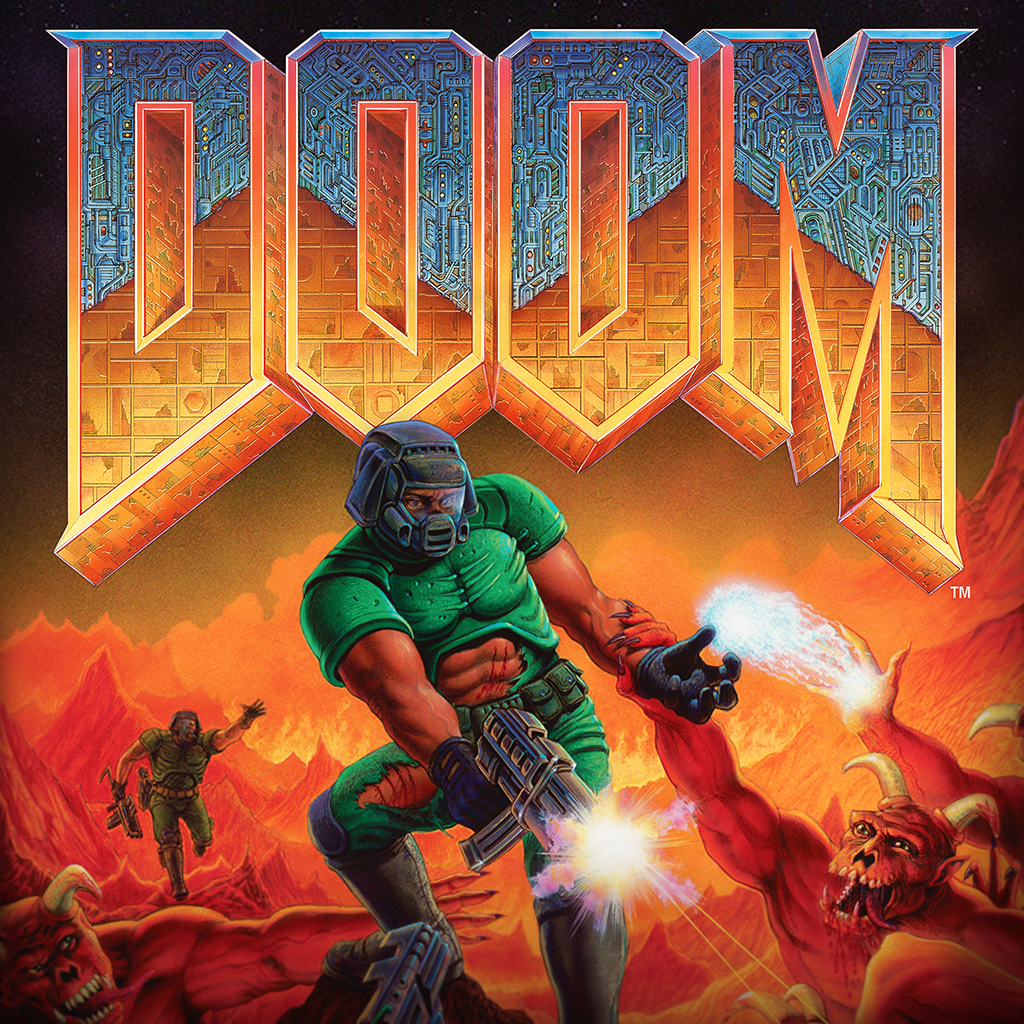In my opinion some tasks are better from the terminal some tasks are better from the GUI
Agreed. I tried to avoid using virt-manager for my vm’s… I get that it is more powerful from terminal, but man is it a lot of information to learn how to communicate.
If you figure out how to do something in the terminal, you’ve got an 80% chance of that technique still working in a decade. If you learn how to do it in the GUI, your chances in a decade are more like 10%.
I do all my photo editing from a terminal.
how does that work? and what do you use?
imagemagick
thanks! I’m surprised I didn’t know about it before, will definitely try getting used to it. looks like a huge time saver
Manually write each bit.
Debian: “That’s the neat thing: you don’t”
When someone asks me help with Git
i’ve never used linux, idk how to place an operating system on my operating system having computer, and i read that linux is very complicated, so i never tried, and i don’t see why i should. change my mind
Honestly, if you:
- don’t care about data getting collected on an os you paid for
- don’t care about getting ads on an os you paid for
- don’t care about performance and have a fast computer
- (*) can’t bother re-leaning how to do some things
- (*) can’t bother facing and debugging some problems that you might encounter
- (*) don’t care about being able to do things faster, at the cost of knowing exactly where to find things the moment you start using the system
- don’t care about being able to customize any part of the system however you want
then you might want to stay on Windows.
(*) this depends on which distribution you choose. some are very similar to windows and beginner friendly.
Broski, Linux is as complicated as you want it to be. There are several “distributions” or distros out there. You can find distributions that are just command line interface (command prompt) which is great if you want the lightest OS to run tasks and scripts etc. You can probably run these with 1gb of ram or even less.
Then you have distributions that are more robust, designed for your everyday user. Some that i have used are Ubuntu, Fedora, Redhat.
These have GUI or a graphical user interface so they should feel like a simple version of windows but without any bloat ware or services you don’t need.
You can ask Google or this community on which distro is best for you depending on your needs.
Installing any distro is as easy as installing windows.
- Load up a distro on an USB
- Have a PC with a drive with space for another OS or just have a PC with an empty hard drive.
- Install and follow the prompts.
You’ll then be able to search the webs for freeware, for your new OS
You can definitely run Debian with less than 1GB for a low resource server, like an in house SVN repo, sftp server, etc.





